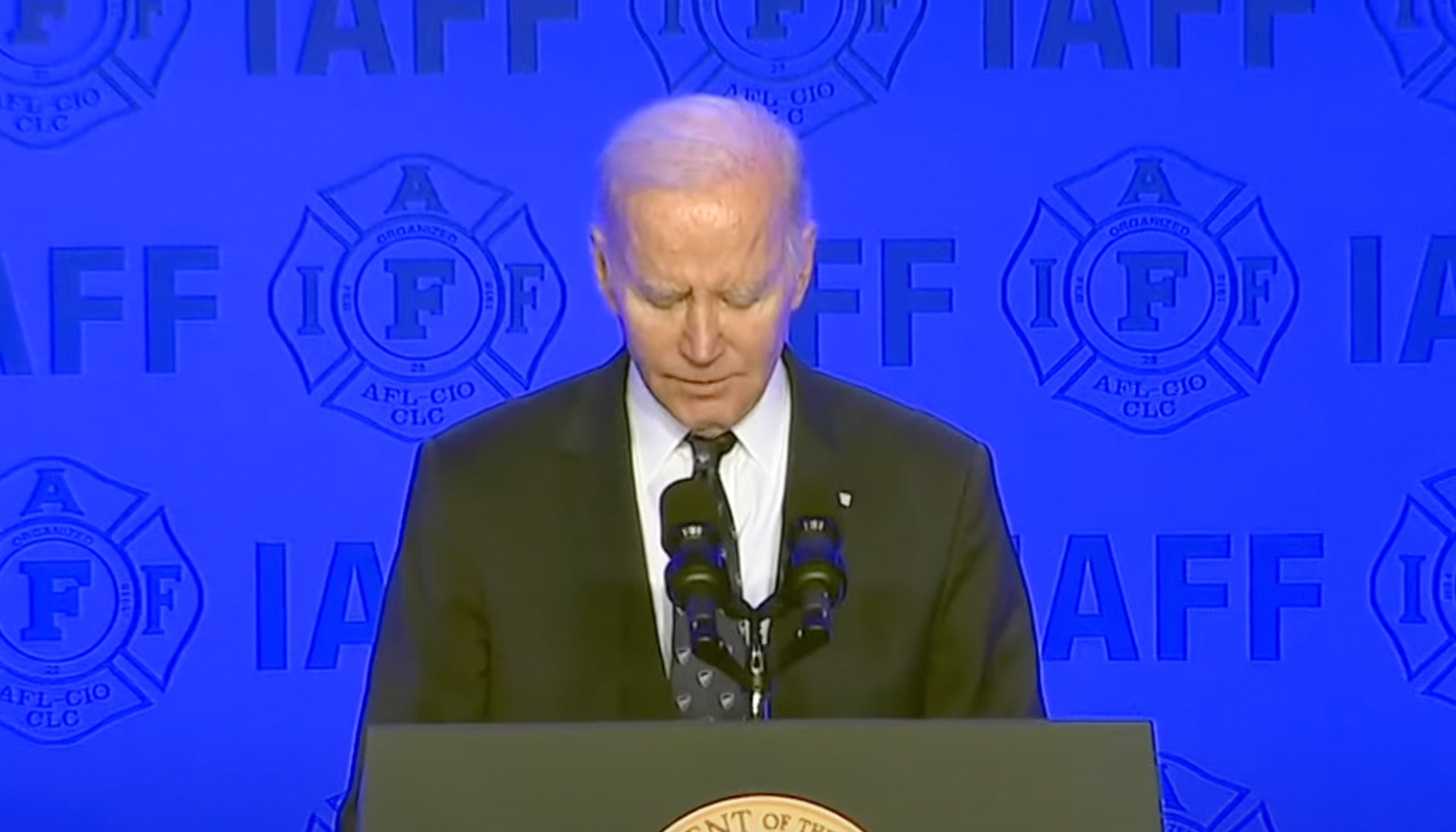Biden Targets Congress' Insider Trading Amid Pelosi Conflict
In a bold demonstration of internal party tensions, President Joe Biden publicly supported a ban on insider trading among Congress members, influenced by his turbulent relationship with former Democratic House Speaker Nancy Pelosi.
According to Mediaite, President Biden's advocacy for ethical reforms closely follows an incident where Nancy Pelosi allegedly urged him to abandon his reelection campaign.
According to Lindy Li, a Democratic National Committee's finance committee member, the friction between Biden and Pelosi stems from an encounter in July. Pelosi reportedly attempted to persuade Biden not to seek reelection, an action that has left lasting impressions on both President and First Lady Jill Biden.
President Biden’s advocacy against insider trading in Congress aligns with his personal practices. During his tenure in the Senate, Biden chose not to own stock, as he shared in an interview with Faiz Shakir from More Perfect Union.
Biden has been vocal about the unethical nature of profiting from privileged information. He questioned the morality of these actions in Congress: “I don’t know how you look your constituents in the eye and know because the job they gave you, gave you the inside track to make more money,” capturing his belief that “Nobody in the Congress should be able to make money while they’re in Congress.”
Concern Over Pelosi's Financial Gains Highlights Insider Trading Issues
The ongoing discussions around insider trading have been intensified by Nancy Pelosi's significant gains from technology stock investments during her Congressional career. These earnings have drawn public scrutiny and criticism, positioning her as a controversial figure in the debate around Congressional ethics.
Lindy Li, speaking on Fox News @ Night, directly linked Biden's legislative push to his disagreements with Pelosi, stating, “He’s still very angry that he got summarily pushed aside, and he’s finally saying that no one in Congress should be able to trade on the inside information." Li pointedly noted Pelosi’s reputation associated with such activities.
Further elaborating on the administration’s standpoint, a report cited by the Daily Mail and summarized on Fox News @ Night revealed that Jill Biden supports her husband in taking decisive actions as his presidency nears completion. This move against insider trading is viewed as part of this broader initiative to ensure governance integrity and reform.
Bid to Ban Insider Trading Aims to Reinforce Ethical Governance
Biden pushes to ban insider trading, expanding the debate on governmental integrity and aiming to restore public trust in a system that many perceive as driven by personal gain. He challenges Congress’s traditional practices of stock trading, which sensitive and privileged information can potentially influence.
The proposal holds significant weight as the Democratic Party prepares for elections, highlighting the intense scrutiny and possible restructuring within the party. Lawmakers emphasize actions to outlaw insider trading as a decisive move toward equitable and ethical Congressional behavior.
As this policy develops, critics who benefit from the current system are expected to resist, creating the potential for intense political confrontations. These confrontations will ultimately shape the party’s leadership approach and commitment to ethical governance in the future.
Complex Dynamics of Ethical Reforms and Political Strategy
The initiative showcases Biden’s longstanding commitment to curtailing unethical practices in government. His consistent approach toward prohibiting insider trading reflects his intent to align policy implementation with his personal ethical beliefs.
However, the interplay of political tactics and ethical considerations within the Democratic Party remains intricate. Pelosi's implied opposition to Biden’s re-election bid signifies deeper ethical conflicts that traverse personal relationships and political ideologies.
This unfolding narrative of commitment to political integrity, laced with internal party strife and policy reforms, offers a glimpse into the ongoing challenges and changes shaping American political life. The consequences will likely resonate through future perceptions and policies, shaping the ethical framework of governance for years to come.






